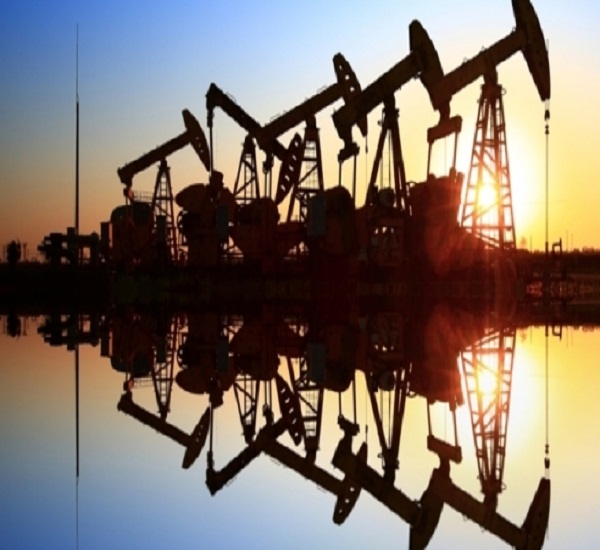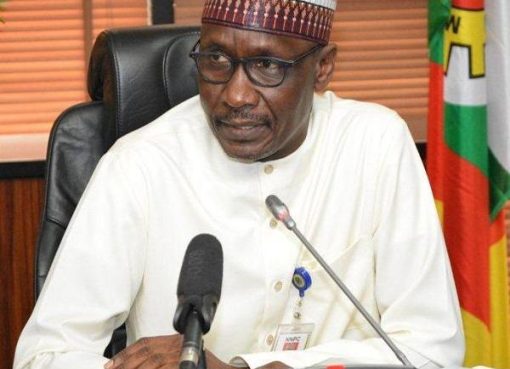The Petroleum Industry Bill (PIB) has the potential to greater protect the Niger Delta’s environment from neglectful extractive practices. Proposed regulatory reforms have the potential to bring environmental regulation in-line with international standards. The bill also seeks to end gas flaring, a huge source of waste and environmental pollution. However, the current PIB represents a missed opportunity in its failure to incentivise the gas market, which would provide a valuable energy resource in the midst of constant power shortages.
Reforming Regulation of the Petroleum Sector
The PIB is widely touted to overhaul the Nigerian petroleum sector for the better, getting a better deal for oil and sharing the revenues more efficiently. The PIB proposes the replacement of the Department of Petroleum Resources (DPR) with two new regulators, the Upstream Petroleum Inspectorate (UPI) and the Downstream Petroleum Regulatory Agency (DPRA).
Currently, the Department of Petroleum Resources (DPR) has the responsibility to run the petroleum sector, collect and manage revenue, and regulate the environmental impact of the sectors operations. Due to this wide remit, it is responsible for notable failings in the downstream sector of the industry. Most significantly; the failure to incentivise the domestic market for gas, and an overreliance on imports for domestic use due to insufficient refining capacity.
By separating downstream (exploration and production) and upstream (refining and distributing) regulation, these issues can be tackled more effectively.
But what are the implications for the environment?
The Bill provides the chance to remove the responsibility of environmental regulation from the DPR, and vest it in a more independently financed and managed institution, which can prioritise reviewing negative impacts on the environment objectively. In reinforcing the separation of upstream and downstream regulation, this would bring practice in line with international standards.
The clearest solution would be to establish a strong and independent quasi-governmental body under the Ministry of Environment with sole responsibility for regulating the environmental impacts of the oil industry.
This would follow successes of the Economic and Financial Crimes Commission (EFCC) and Nigerian Extractive Industries Transparency Initiative (NEITI) in enhancing justice.
Reducing gas pollution
Gas flaring is responsible for a decrease in agricultural yield, depression in flowering and fruiting in Okro and palm trees, deformities in children, liver damage and skin problems, increasing concentrations of airborne pollutants, acidification of soils and rainwater, corrosion of metal roofs and significant increases in concentrations of sulphates, nitrates and dissolved solids, with associated socio-economic problems.[1].
Natural gas is associated with oil production. To simply switch off the flare stacks would inevitably substantially reduce the oil production that sustains the Nigerian economy.
The PIB aims to reduce gas flaring, create deregulated natural gas market through a domestic supply obligation and establishing a domestic price for gas. The PIB legislates the non-deductibility of penalties relating to gas flares, as previously these costs were deductible removing any incentive for IOCs to utilise their gas outputs. Companies would therefore incur financial costs for continuing to flare gas.
Missed opportunity for gas to power
The PIB also presents an opportunity for the government to kick-start a domestic gas market. This would create demand for companies to utilise their gas, whilst providing a solution to the ongoing problem of power shortages.
However, the bill is yet to stipulate a sustainable incentive for companies to stimulate the gas market, or create a new National Gas Company, to build both processing units and pipelines. Incentives could include a tax break from the Companies Tax Income. The quickest means to secure compliance of IOCs in the reduction of flaring will be to incentivise the gas market, making gas a valuable commodity.
The PIB in its current form makes merely tentative steps towards greater protection of the environment. Removing the responsibility of environmental protection from the DPR means there is a chance to have an objective body that will prioritise environmental issues. However, the office that would take on this responsibility is yet to be conceived. Furthermore, whilst ensuring gas flaring incurs a financial burden, the PIB does not create incentives to kick start the gas market. Creating a demand for gas will be the most effective way of holding IOCs to account if they fail to utilise their gas outputs.
Source: stakeholderdemocracy











